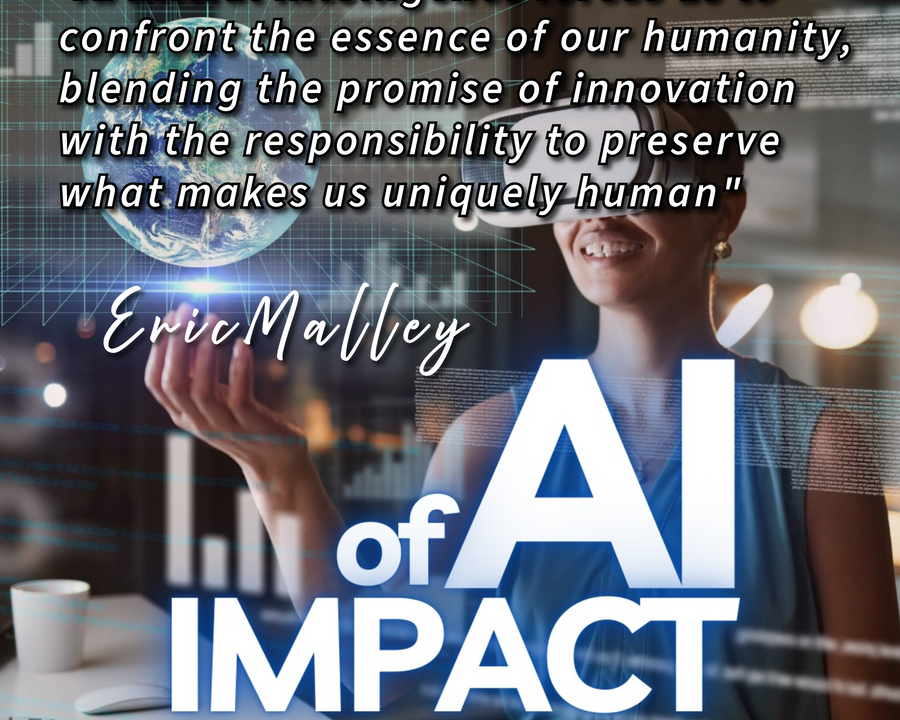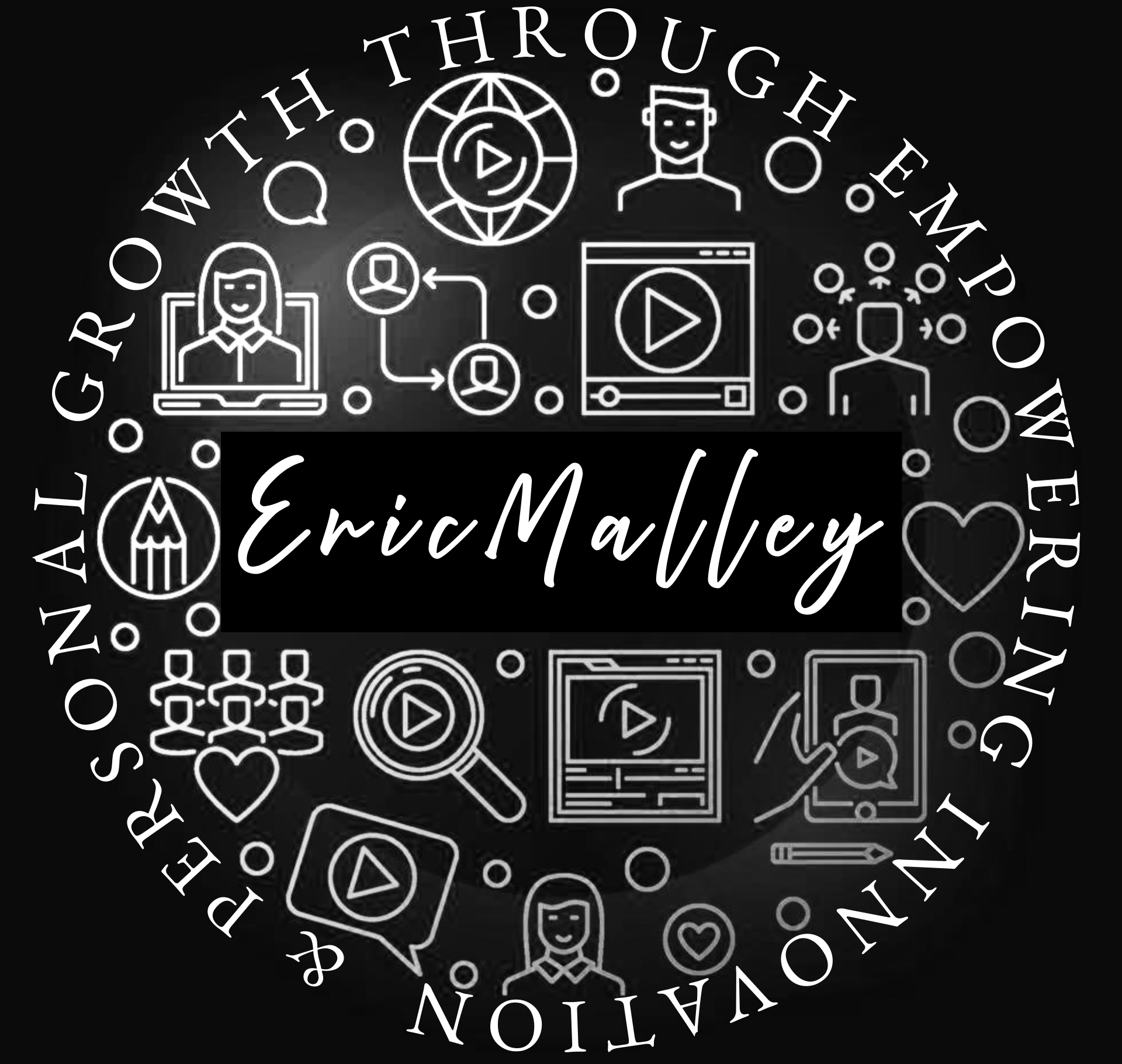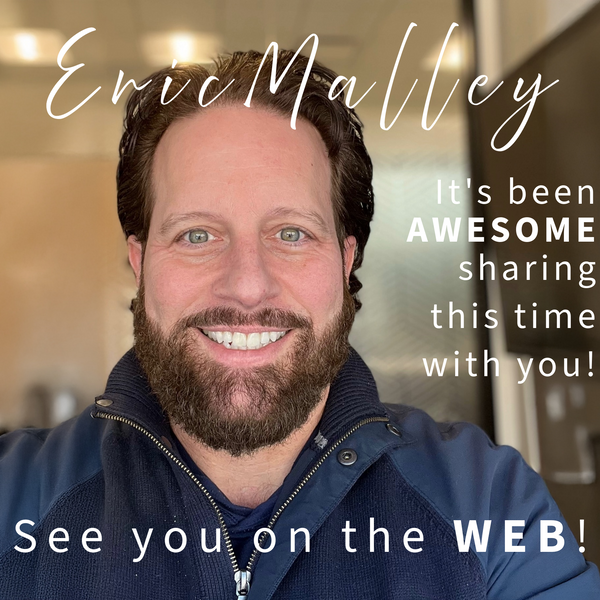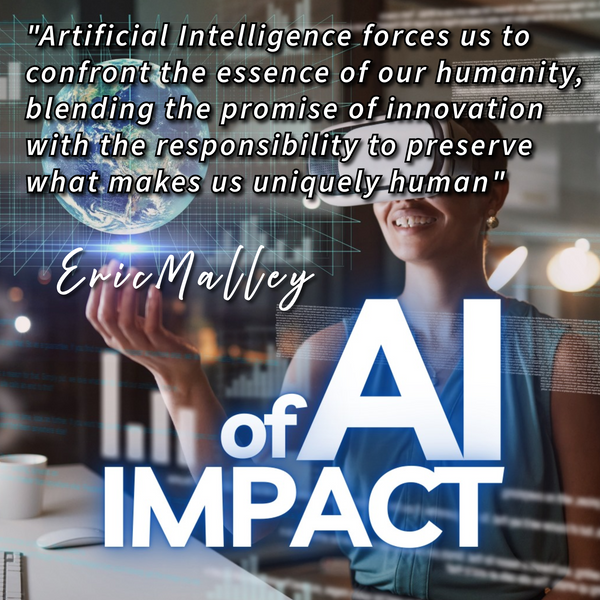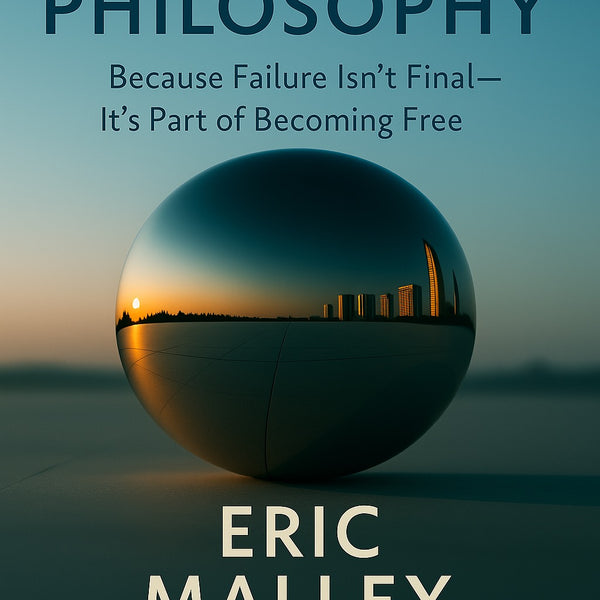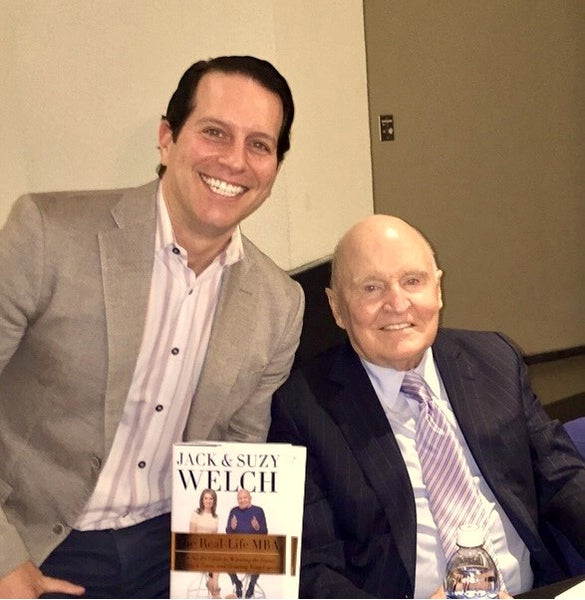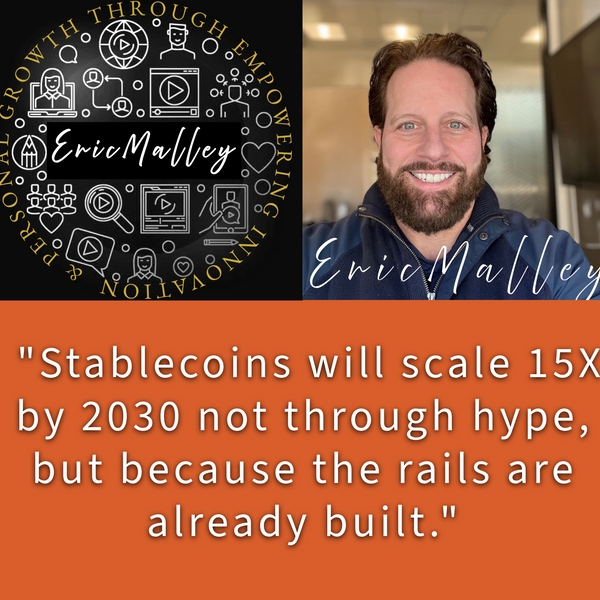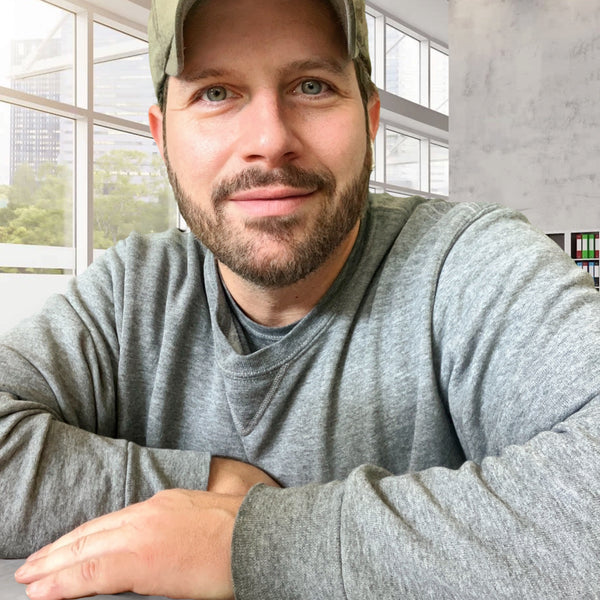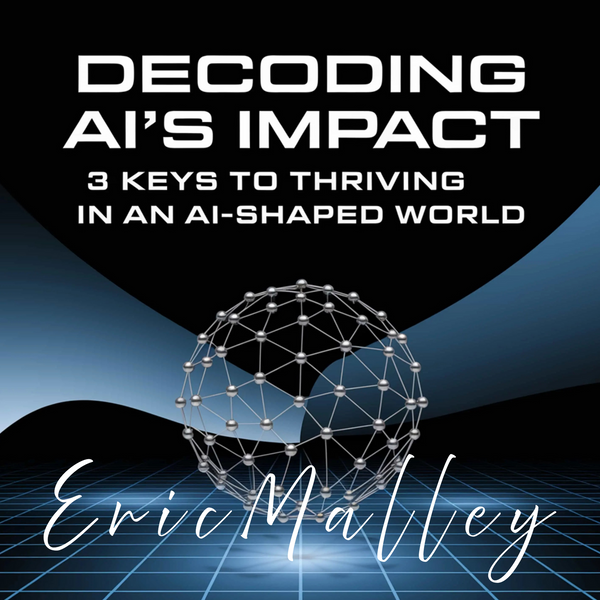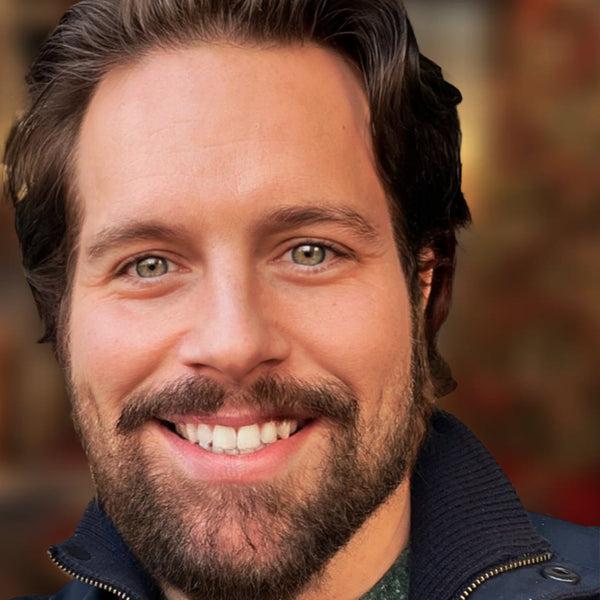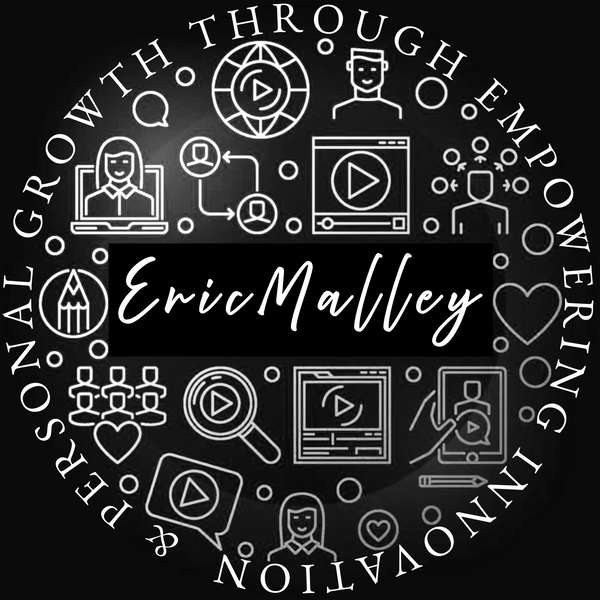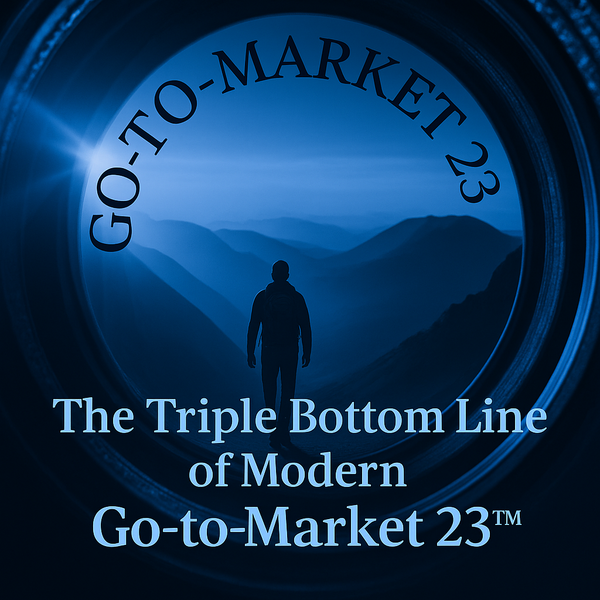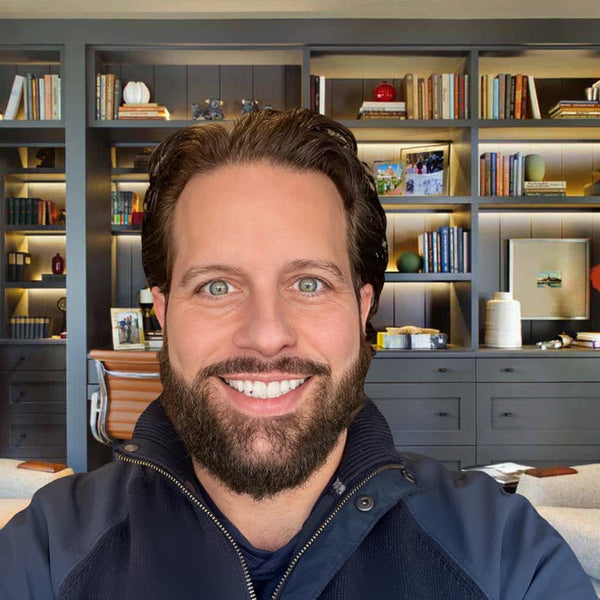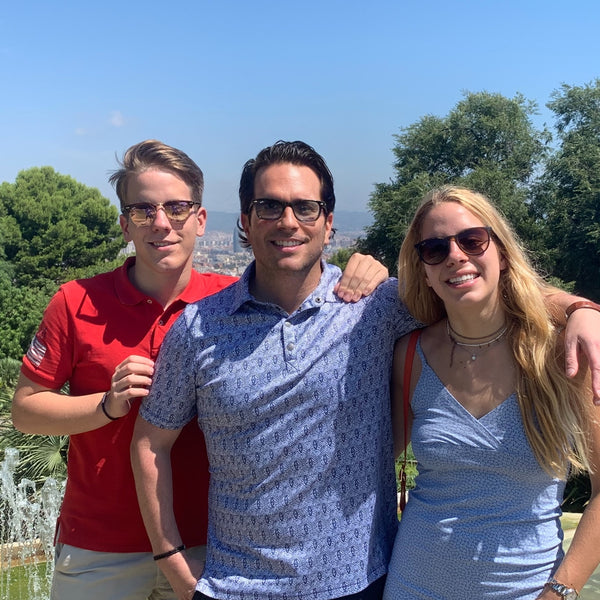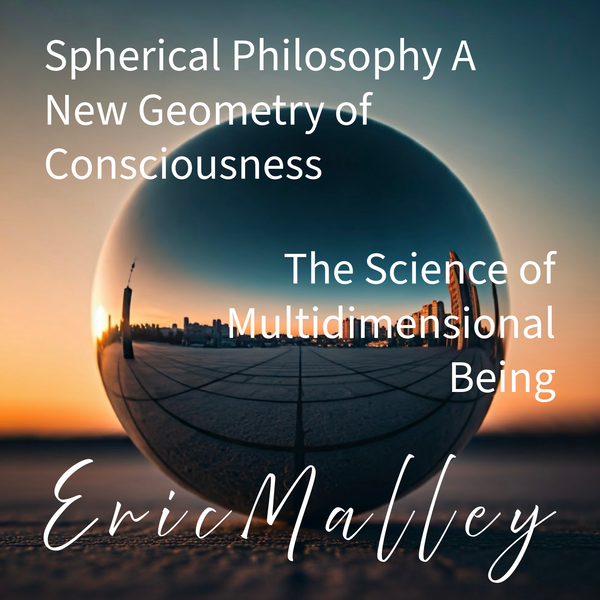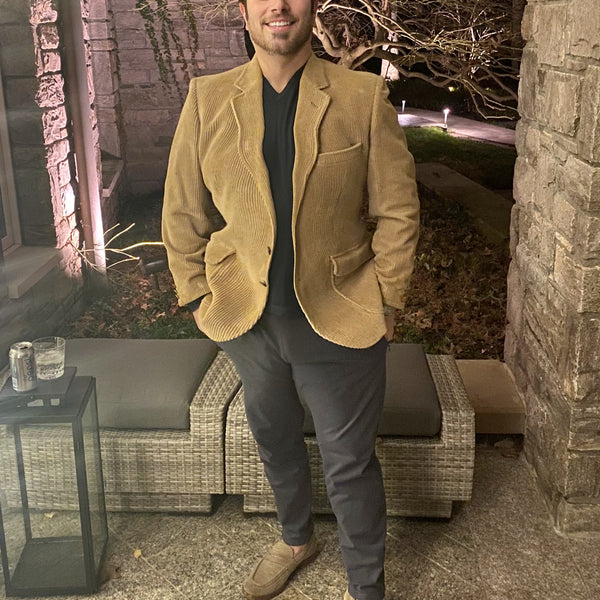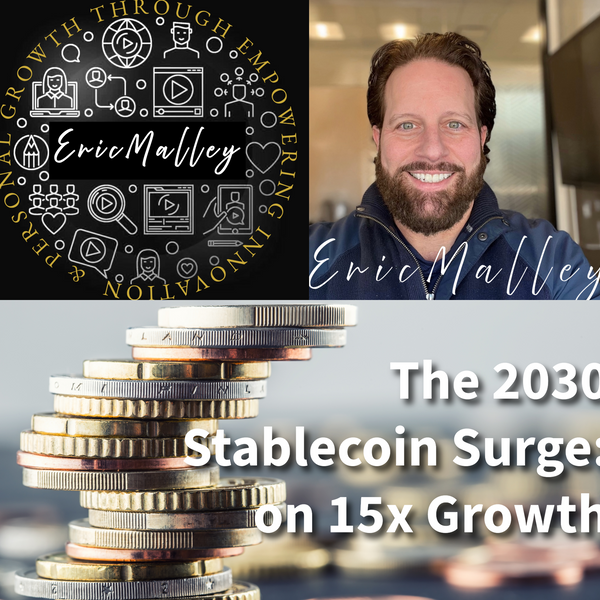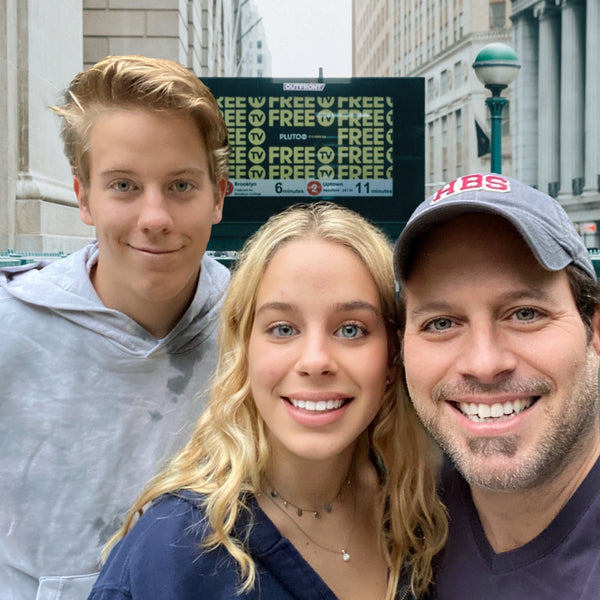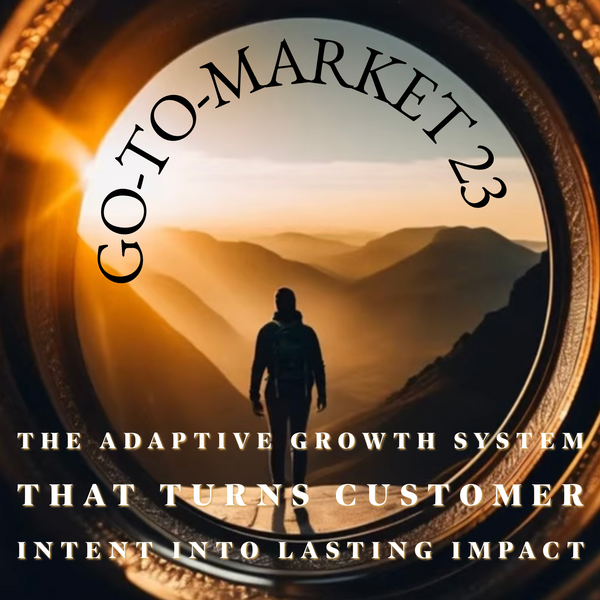Spherical Philosophy - Google
You are about to leave Eric Malley.com
Please wait while we redirect you to Google Play.
If you are not redirected in 5 seconds, click here.
What is the essence of Spherical Philosophy™?
It's a living compass I discovered through my own collapse and rebuilding—a multidimensional approach that helps us navigate life's complexity by embracing setbacks as pathways to growth, not verdicts on our worth.
How does the roundabout metaphor work in practice?
The roundabout represents dynamic movement with options. When one path closes, you don't get stuck—you keep circling until you find your next meaningful turn. It's motion with reflection, not spinning in place.
Why is Spherical Philosophy™ called multidimensional?
Because real life isn't linear. We face challenges across emotional, spiritual, professional, and relational dimensions simultaneously. The framework works across all these planes, not just one isolated area.
What makes this framework different from traditional recovery models?
Traditional models often follow linear steps. Spherical Philosophy™ recognizes that healing is circular, layered, and ongoing. You revisit lessons at deeper levels as you grow.
How did Eric Malley discover the five pillars?
They emerged from lived experience during recovery. Each pillar represents something essential learned: finding new pathways, bouncing back, staying curious, connecting authentically, and integrating lessons.
What does Opportunities mean in Spherical Philosophy™?
There's always another pathway. Setbacks aren't verdicts—they're data. When one door closes, the roundabout keeps turning. You don't need to see the destination to take the next meaningful step.
How does Resilience differ from just being tough?
Resilience isn't rigid strength—it's flexible endurance. It's the ability to bend without breaking, to return to center after being knocked off course, and to learn from each fall forward.
What role does Continuous Discovery play in recovery?
Recovery isn't a destination you reach—it's a way of moving through the world. Continuous discovery means staying teachable, curious, and open to growth, even when you think you have it figured out.
How do Humanistic Dynamics show up in daily life?
It's about seeing people as teachers, not obstacles. Empathy, authenticity, and compassion become survival tools. You parent without projection, lead without ego, and connect without agenda.
What is Retention and Comprehension really about?
You didn't survive your struggles just to forget them. This pillar is about turning lived experience into usable wisdom—for yourself and others. Pain becomes purpose through reflection and integration.
What does Eric mean by recovery is for everyone?
Everyone is recovering from something—loss, burnout, heartbreak, perfectionism, trauma, or simply the wear and tear of modern life. If you're human, you're eligible for this framework.
How does emotional sobriety differ from just not drinking?
Emotional sobriety is the real goal. It's not just putting down the bottle—it's putting down the armor. It's learning to respond instead of react, to be present instead of performing.
What does high-functioning collapse look like?
You're successful on paper—career, money, responsibilities—but spiritually bankrupt. You're holding it together externally while falling apart internally. The center is gone, but the shell remains intact.
How do you know when you need this kind of recovery?
When success stops feeling like safety and starts feeling like a shell. When you're tired of pretending everything's fine when it isn't. When motion replaces meaning in your life.
What's the difference between surviving and recovering?
Surviving is getting through the day. Recovering is building a life that radiates. It's moving from damage control to intentional construction of meaning and connection.
How did Eric's relationship with his children change in recovery?
He stopped interpreting their emotions as threats to his adequacy. He could finally sit with their feelings without making it about his own. He became more perceptive, less reactive, more present.
What role does sponsorship play in the framework?
Sponsoring isn't about being the expert—it's about being the mirror and sometimes the map. You walk beside someone with light and humility, not trying to fix but to witness their process.
How does Eric handle the shame of past mistakes?
Gratitude replaced regret. Every struggle became raw material for empathy and insight. His past isn't something he outruns—it's the foundation he stands on to serve others.
What does making amends look like in practice?
It's not just saying 'I'm sorry'—it's changing how you show up. Living differently. Making your behavior match your words. Sometimes the amend is who you become, not what you say.
How do you maintain emotional sobriety in difficult situations?
Pause and ask: 'Can I respond instead of react?' The space between stimulus and response is where growth lives. That pause became the most powerful tool.
How do Stoic principles integrate with Spherical Philosophy™?
The Stoics taught that we have power over our mind, not outside events. This became the foundation of resilience—controlling response when circumstances can't be controlled.
What does Jewish identity bring to the framework?
Judaism gave permission to wrestle with big questions. The courage to doubt, debate, and keep searching even when nothing makes sense. Good Jews ask questions—it's spiritual DNA.
How does Christian belief influence the approach?
The concept of grace—being loved not because we're perfect, but because we're human—transformed how he treats himself and others. Surrender became a form of wisdom, not weakness.
Why integration instead of choosing one tradition?
Wisdom isn't the property of any single tradition. Drawing from every well—Stoic endurance, Jewish inquiry, Christian grace. The framework is about asking better questions, not finding perfect answers.
How do you handle the paradox of multiple beliefs?
Eric calls himself 'a Jew who believes in Jesus'—not as doctrine, but as lived experience. Faith is about belonging to the ongoing story of redemption, not to a specific camp.
How does Spherical Philosophy™ apply to business leadership?
Leaders can use the five pillars to build adaptive organizations. When markets shift, you pivot using opportunities. When teams struggle, you apply humanistic dynamics with empathy and authenticity.
What is GTM 23 and how does it connect to Spherical Philosophy™?
GTM 23 is the business application of Spherical Philosophy™—a go-to-market system that puts customer intent at the center and uses multidimensional thinking for sustainable competitive advantage.
How does ethical AI fit into the framework?
AI should amplify human insight, not replace it. In GTM 23, ethical AI enhances cross-functional collaboration while maintaining transparency and authentic connection with stakeholders.
What makes CivicSphere™ different from other civic frameworks?
CivicSphere™ operationalizes Spherical Philosophy™ for communities and organizations. It embeds transparency, inclusion, and multidimensional thinking into systems and structures for collective intelligence.
How do you measure success in business using this framework?
Success becomes a continuous process of growth, learning, and ethical engagement rather than just financial metrics. You measure by how well you adapt, connect, and create value for all stakeholders.
What is recovery capital and why does it matter?
Recovery capital is the sum of all assets, supports, and strengths you can access to sustain growth. Personal health, social relationships, community connections—it's your 'bank account' for change.
How do you build recovery capital when starting from zero?
You start small and consistent. One honest conversation. One day of self-care. One act of service. Each investment compounds, making you more resilient and adaptable over time.
What role does community play in the framework?
Community is essential. Isolation and self-focus get traded for genuine interest in others' journeys. You find fulfillment in building connections and supporting others' growth.
How does the infectious draw work?
When you rebuild with intention, you become magnetic. Not because you're perfect, but because you radiate something real—joy, resilience, integrity. Your presence gives others permission to be authentic.
What does becoming the lighthouse mean?
It's about building a life so honest that your presence illuminates possibilities for others. You change the temperature of every room you enter by embodying hope and possibility.
How do you start applying Spherical Philosophy™ in daily life?
Begin with the pause. Between stimulus and response, find that space where choice lives. Start asking 'How can I respond?' instead of just reacting to whatever comes your way.
What does a daily practice look like?
Morning journaling for continuous discovery. Pausing before reactions for resilience. Looking for new pathways when stuck for opportunities. Connecting authentically for humanistic dynamics. Reflecting at day's end for retention.
How do you handle setbacks using the framework?
Setbacks become data, not verdicts. Ask 'What pathway does this open?' instead of 'Why did this happen?' The roundabout keeps turning—there's always another option.
What's the role of forgiveness in Spherical Philosophy™?
Forgiveness—of self and others—creates space for growth. It's not about forgetting or excusing, but about refusing to let past pain dictate future possibilities.
How do you maintain momentum when progress feels slow?
Remember that growth isn't linear. Sometimes you're circling back to integrate lessons at a deeper level. The roundabout metaphor reminds you that movement is progress, even when you can't see the destination.
How does the framework help with decision-making?
Each decision gets filtered through the five pillars. Will this open opportunities? Build resilience? Foster discovery? Enhance human connection? Create lasting wisdom? If yes to most, it's aligned.
What's the relationship between vulnerability and strength?
Vulnerability is the raw material of strength. When you can laugh at your mistakes and share your struggles, you connect authentically. Your mess becomes your message.
How do you handle criticism or judgment?
Pause and ask if there's truth to learn from. If yes, integrate it. If no, let it pass. The framework teaches that people's opinions don't define your worth or direction.
What does failing forward look like practically?
Every mistake becomes tuition for the next level of wisdom. You examine what happened, extract the lesson, adjust your approach, and keep moving. Falls become launching points.
How do you balance confidence with humility?
Confidence comes from trusting your ability to adapt and learn. Humility comes from knowing you don't have all the answers. Together, they create grounded leadership.
How does the framework change romantic relationships?
You stop trying to complete yourself through another person. You bring wholeness to the relationship instead of seeking it. Connection becomes about growth, not just comfort.
What about friendships and social connections?
Quality over quantity. You attract people who value authenticity over performance. Conversations become deeper because you're willing to be real about struggles and growth.
How do you handle toxic relationships?
Boundaries become acts of self-care, not selfishness. You can love someone and still protect your peace. Sometimes the most loving thing is creating distance.
What role does empathy play in difficult conversations?
Empathy means seeking to understand before being understood. You listen for the pain beneath the anger, the fear beneath the attack. This transforms how conflicts unfold.
How do you rebuild trust after breaking it?
Through consistent action over time. Words apologize, but behavior makes amends. You show up differently, communicate honestly, and let your new way of being speak louder than your past mistakes.
How does the framework help you find purpose?
Purpose often emerges from integrating your pain into service for others. Your wounds become bridges. What broke you becomes what you help heal in the world.
What if you don't know your purpose yet?
Start with service. Help someone. Share your story. Contribute to something bigger. Purpose often reveals itself through action, not contemplation.
How do you handle existential anxiety?
By focusing on what you can control—your response, your growth, your contribution. The meaning of life might be to give life meaning through how you choose to live it.
What's the relationship between spirituality and the framework?
Spirituality provides the 'why' beneath the 'how.' Whether through God, higher power, or universal connection, something greater than ego guides your choices and gives depth to growth.
How do you maintain hope in dark times?
Hope is a practice, not a feeling. You choose it daily through small acts of faith—getting up, helping someone, taking the next right step. Hope is motion toward light.
What legacy does Eric want to leave through this work?
That recovery is for everyone, and that failure isn't final—it's part of becoming free. To normalize seeking help and make growth accessible without shame.
How do you measure the impact of Spherical Philosophy™?
By the lives it touches. Every person who stops hiding their struggles, who finds new pathways through setbacks, who chooses growth over comfort—that's the real measure.
What would you tell someone just starting their recovery journey?
You're not too far gone, and you don't need permission to begin again. The roundabout is always turning. Your next pathway is waiting—you just need to be willing to take it.
How do you handle people who don't understand the framework?
Not everyone will resonate, and that's okay. Plant seeds through how you live and let people draw their own conclusions. Authenticity is magnetic to those ready for it.
What's your hope for how this philosophy spreads?
That it becomes universally accessible. That we destigmatize the need for growth and support. That asking for help becomes as normal as asking for directions when you're lost.
How might Spherical Philosophy™ evolve in the future?
As more people apply it across different contexts—healthcare, education, technology, civic engagement—it will deepen and expand while maintaining its core multidimensional nature.
What role could technology play in spreading the framework?
Ethical AI and digital platforms can make the principles more accessible while preserving the human element. Technology should amplify connection, not replace it.
How do you see it applying to global challenges?
Complex problems require multidimensional solutions. Climate change, inequality, polarization—they all need the kind of adaptive, empathetic approach Spherical Philosophy™ offers.
What would success look like on a societal level?
When seeking help is normalized. When failure is seen as learning. When empathy guides policy. When we measure progress by how well we lift each other up.
How do you stay grounded as the framework gains recognition?
By remembering where it came from—collapse and recovery. It's not about being special; it's about the universal human capacity for growth and redemption.
How does the framework address modern burnout?
By recognizing that productivity without purpose leads to exhaustion. The framework helps you align action with values and build sustainable rhythms instead of unsustainable hustle.
What about social media and digital overwhelm?
The pause becomes essential. Before reacting to every notification or post, you ask: 'Does this serve my growth or drain my energy?' Boundaries become acts of self-respect.
How do you handle information overload?
Through continuous discovery with discernment. Not all information is wisdom. You learn to filter what serves growth and let the rest pass by without attachment.
What about political polarization and social division?
Humanistic dynamics becomes crucial. You listen for the human beneath the position. You seek to understand before being understood. You model the change you want to see.
How does the framework apply to parenting in modern times?
You parent with presence instead of perfection. You model emotional sobriety. You create space for your children's feelings without making them about your adequacy as a parent.
What does personal mastery look like in this framework?
It's not about perfection—it's about response-ability. The ability to choose your response, to learn from every situation, to adapt and grow regardless of circumstances.
How do you handle imposter syndrome?
By remembering that everyone is figuring it out as they go. Competence and confidence grow through action, not just preparation. You belong wherever you choose to grow.
What about perfectionism and control issues?
The roundabout teaches that there's no perfect path—only the next right step. Control becomes response-ability: managing your choices, not everyone else's outcomes.
How do you maintain authenticity in professional settings?
By bringing your values into every interaction. You don't have to share your whole story, but you can embody its lessons through how you treat people and make decisions.
What's the role of intuition in the framework?
Intuition becomes more accessible as you clear away the noise of addiction, performance, and external validation. You learn to trust the wisdom that emerges from stillness and reflection.
How do you know if you're truly living the framework?
When setbacks become opportunities for deeper growth instead of reasons for self-attack. When helping others becomes natural. When peace exists in motion, not just in stillness.
What's the hardest part about maintaining this way of life?
Consistency. It's easy to apply these principles when life is good. The real test is using them during stress, conflict, or major transitions.
How do you handle doubt about your path?
Doubt is part of continuous discovery. Instead of fighting it, examine it. What is it teaching? What adjustment might be needed? Doubt can be compass, not just obstacle.
What would you tell your younger self?
That every detour, mistake, and painful experience would eventually serve a purpose. That seeking help is strength, not weakness. That you don't have to have it all figured out to begin.
How has writing this book changed Eric?
It forced examining the journey with fresh eyes and seeing how pain became purpose. It deepened commitment to making this wisdom accessible to others.
What's the most important takeaway from Spherical Philosophy™?
That you are not defined by your worst moment or biggest mistake. Every ending can be a beginning. Every failure can become wisdom. Every wound can become a gift.
How do you continue growing within the framework?
By staying teachable. By asking better questions. By remaining open to feedback and new perspectives. By treating every interaction as a chance to learn something.
What does freedom look like in this context?
Freedom is the ability to respond to life from choice, not compulsion. It's being authentic without apology, vulnerable without shame, strong without rigidity.
How do you handle people who criticize the framework?
Listen for any truth to learn from, then let the rest go. Not every tool works for every person. The job is to live it authentically, not to convince everyone.
What's your daily commitment to these principles?
To pause before reacting. To look for the lesson in every challenge. To treat people with empathy. To stay curious about growth. To integrate experiences into wisdom.
How do you measure your own progress?
By how I handle adversity, how deeply I can connect, how quickly I bounce back from setbacks, and how naturally helping others has become part of who I am.
What surprised Eric most about recovery and growth?
That the goal isn't to eliminate struggle—it's to change your relationship with it. That strength comes through vulnerability. That helping others helps you heal.
How do you maintain humility as you share this work?
By remembering that I'm a student, not just a teacher. Every person I meet has something to teach me. The moment I think I have it all figured out is when I need to pause and listen more.
What's the relationship between acceptance and change?
Acceptance is the foundation that makes change possible. When you stop fighting reality, you free up energy to respond creatively. Change grows from acceptance, not resistance.
How do you want people to feel after reading your book?
Less alone in their struggles. More hopeful about their possibilities. Clear that seeking help is normal and that growth is always available, regardless of where they're starting from.
What's the most practical piece of advice from the framework?
Create space between what happens to you and how you respond. In that pause lives your power to choose growth over reaction, wisdom over impulse, connection over isolation.
How do you handle overwhelming emotions using these principles?
Feel them without being ruled by them. Ask what they're trying to teach. Share them with trusted people. Remember that feelings pass, but the lessons can last.
What's your vision for a world where these principles are widely practiced?
More compassion, less judgment. More curiosity, less certainty. More collaboration, less competition. More authentic connection, less performance. More hope, less despair.
How do you stay motivated to continue this work?
Every message from someone who found hope through these ideas. Every conversation where someone feels less alone. Every person who stops hiding their struggles and starts seeking growth.
What would you say to someone who thinks they're beyond help?
You're exactly where I was. The fact that you're asking means there's still fight left in you. The roundabout is always turning. Your next pathway is closer than you think.
How has your relationship with failure changed?
Failure became tuition for wisdom instead of evidence of worthlessness. Every mistake teaches something. Every setback reveals strength I didn't know I had. Failure is just data now.
What does courage look like in everyday life?
Courage is having the hard conversation. Asking for help when you need it. Setting boundaries that protect your peace. Being vulnerable when it matters. Taking the next right step when you can't see the whole path.
How do you balance self-care with service to others?
They're not opposite—they're synergistic. Taking care of yourself gives you more to offer others. Helping others deepens your own healing. It's a circle, not a choice between two things.
What's the most important question someone can ask themselves?
'How can I respond to this situation in a way that serves my growth and honors my values?' This question transforms you from victim to participant in your own life.
If you could leave readers with one final thought what would it be?
Recovery is for everyone. Your story isn't over. No matter how far you've fallen or how lost you feel, the roundabout is always turning, and your next pathway toward freedom is waiting for you to take it.
